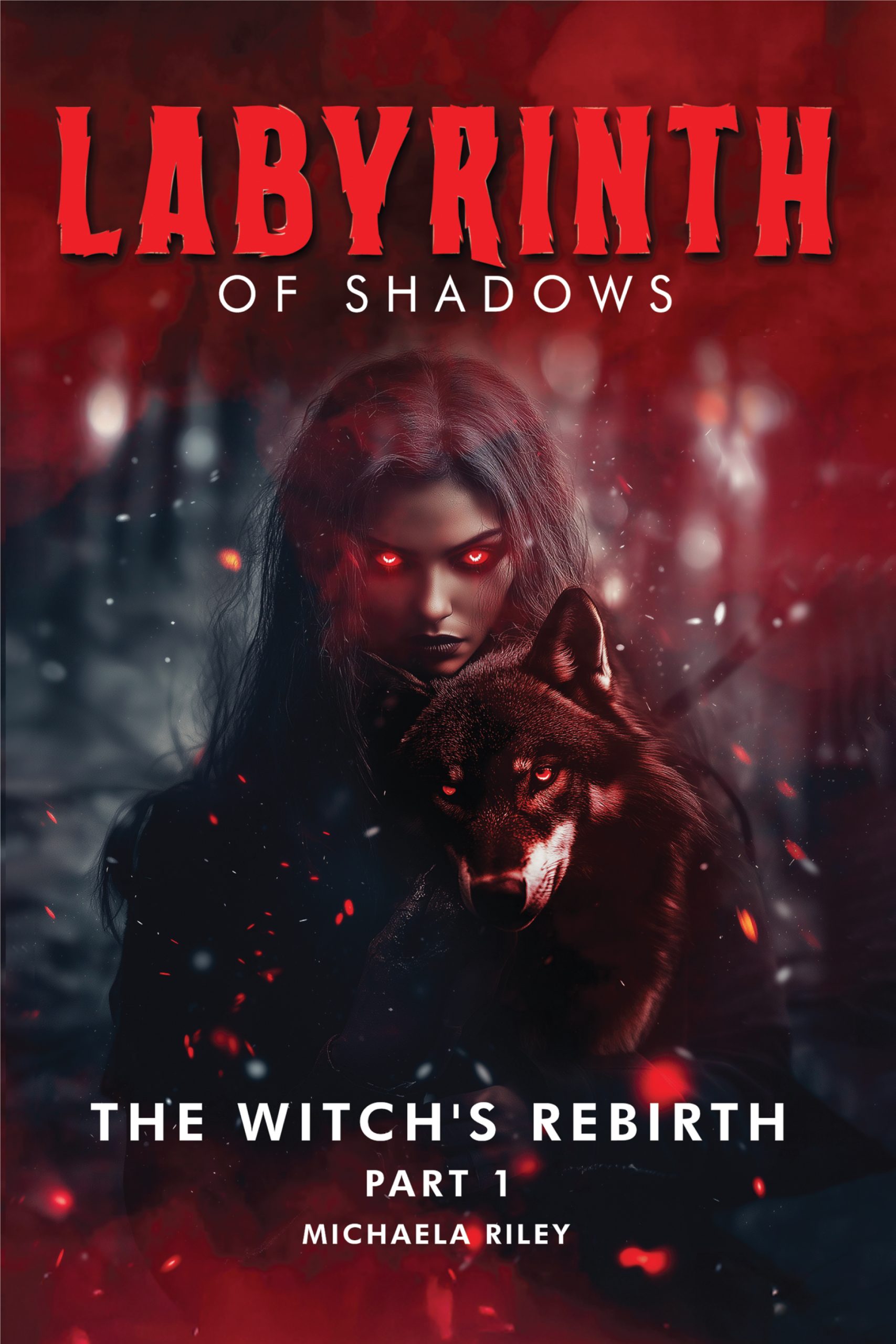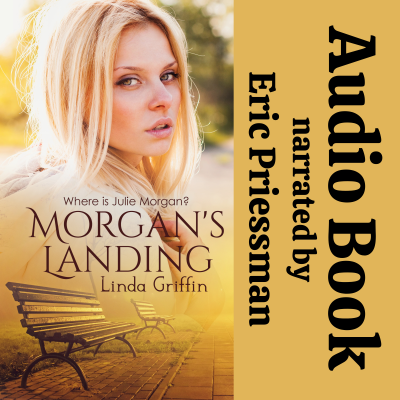Zack Tripler, a psychiatrist, admits to the hospital Youssef al Saud, an agitated young Saudi American, in the midst of what appears to be a psychotic break. Youssef has been hearing voices and was found hiding with his laptop in the woods from unidentified assailants whom he believes are trying to kill him. He’s found coded messages on the laptop that he suspects portend a terrorist plot.
When Youssef is found dead, either by suicide or murder, Zack develops symptoms similar to Youssef’s, hearing voices and catching glimpses of his dead patient, whom he believes is trying to kill him, then witnesses the murder of another of his patients. He becomes entangled with Youssef’s widow Jamilah in her efforts to solve the mystery of her husband’s death and the coded message on his computer, but nothing in Zack’s world is as it appears as he swings between concern for her safety and suspicion that she is responsible for Youssef’s death and part of the terrorist plot that he suspected.
Zack narrates his own story, his descent into madness, and the terror he endures as he struggles to hang onto the last remnants of his sanity.
Targeted Age Group: Young adult and adult audiences
Genre: Mystery/Suspense
What was your inspiration for this book?
As a psychiatrist, I often struggled with competing ethical and legal responsibilities. In the course of providing treatment to relieve distress, I was expected to keep whatever my patients told me strictly confidential. At the same time, I was entrusted with preventing harm. Some patients posed the risk of harm to themselves, some of harm to others, and still others offered information about people around them who posed danger to them or to others. The responsibility to prevent harm was further complicated by my limited influence upon my patients’ fates.
Balancing the duty to maintain confidentiality with the duty to prevent harm and walking the often fine line between them caused me many a sleepless night. And the severity of the dilemma was directly related to the magnitude of potential harm that I envisioned.
The seeds of Shared Madness, originally titled Folie a Deux, arose out of this ever present burden and the aftermath of the attack on the World Trade Center on 9/11/2001. What if, I imagined, a patient were to share with me information about a possible future terrorist attack? And what if this information was shrouded in sufficient doubt that the consequences of withholding it weren’t clear or compelling? Would the potential magnitude of an unlikely event be enough to breach the confidence of a patient and perhaps even put that patient in legal or physical jeopardy?
I framed my story against a backdrop of a psychotic patient who heard voices and experienced delusions of persecution that altered his perception of reality. What might a psychiatrist believe about a tale of treachery told by someone with such an unreliable and distorted view of his world? And it occurred to me that if the doctor was also hallucinating and delusional, assessing the validity of the threat would become even more daunting.
I wrote a half dozen chapters starting in 2005 along with some character backstories, got stuck and filed it away while I continued to practice psychiatry. After retirement from practice, I turned again to writing, veering into science fiction, and completed the Brink of Life Trilogy in fits and starts over much of the past decade. The blank canvas of the future fed my imagination and the stories began to flow with increasing ease.
Last year, I stumbled upon the nearly forgotten file of Folie a Deux. Having drawn my trilogy to a close and honed my storytelling craft, I embraced the project with new confidence. And I brought to the task a new perspective, venturing into the first person, writing entirely through the eyes of my protagonist, and balancing the constraint of that limited perspective with the freedom of living in my character’s head and experiencing his world fully. The story grew organically, expanding beyond its original framework into a full blown thriller.
Why did you decide to produce an audiobook?
My fiction tends to be dialogue heavy, a hybrid of novel and screenplay. I envisioned a skilled narration as more of a dramatization, an audible play that could bring the characters to life. I'm also aware that many readers prefer to listen to books or to alternate between reading and listening as their activities allow. An audiobook provides an opportunity to expand my audience.
How did you choose the reader for the book and the production company?
I produced the Audiobook through ACX, which I found the most user friendly platform. They provide a mechanism for inviting auditions, based on a passage from the book. I was amazed at the number of auditions that showed up within the first 24 hours of posting. Joe Smith's audition stood out for his versatility in voicing the various characters, both male and female. His audition also reflected that he understood the tone of the story. His meticulous execution exceeded expectations. His voicing of the disembodied voices in Zack's head was particularly brilliant.
Buy the Audiobook
Buy this Audiobook On Amazon
Link to Audiobook for sale on Audible
Online Samples
Link to online sample on Author’s Website
Find the Author:
Author Website
Author YouTube Channel
Goodreads
Facebook
Twitter
Instagram
If you have listened to this book let us know what you think in the comments. We’d love to hear from you!
Information is posted directly as it has been submitted by the author.









